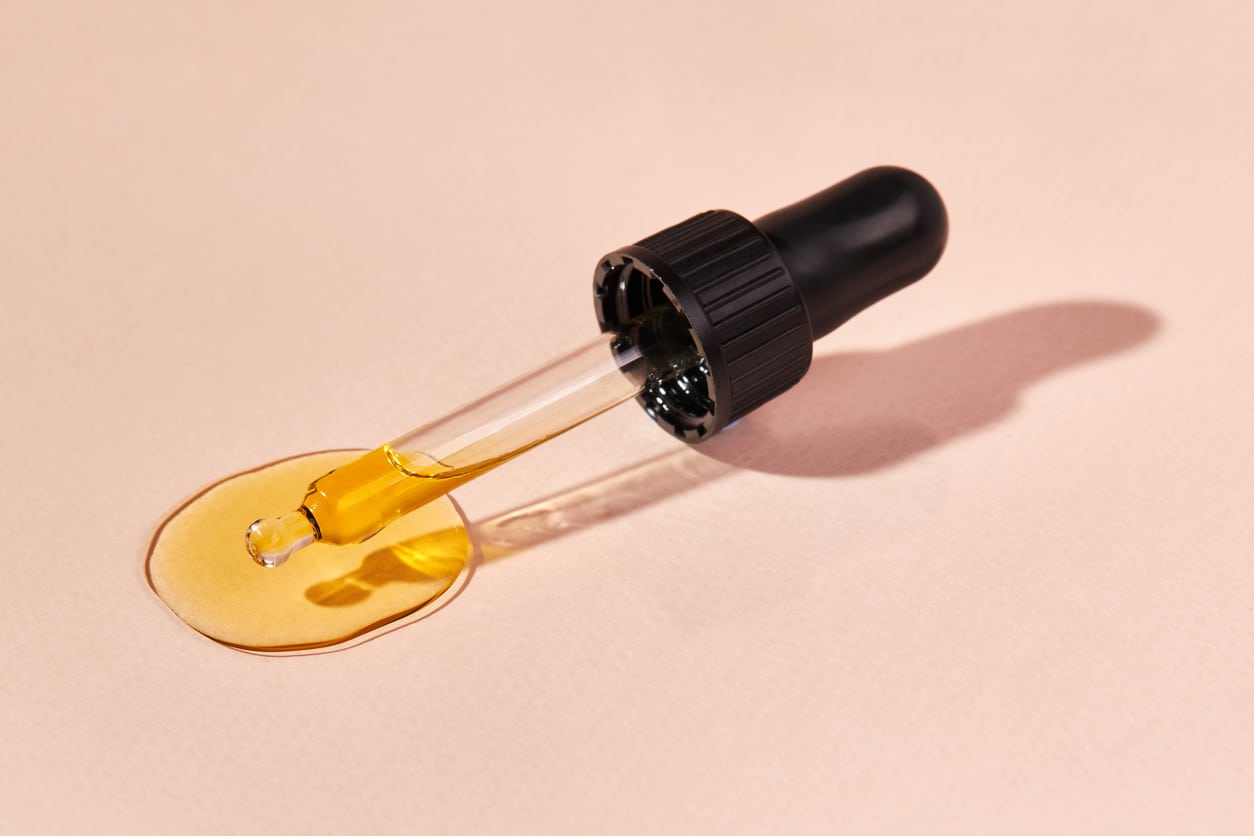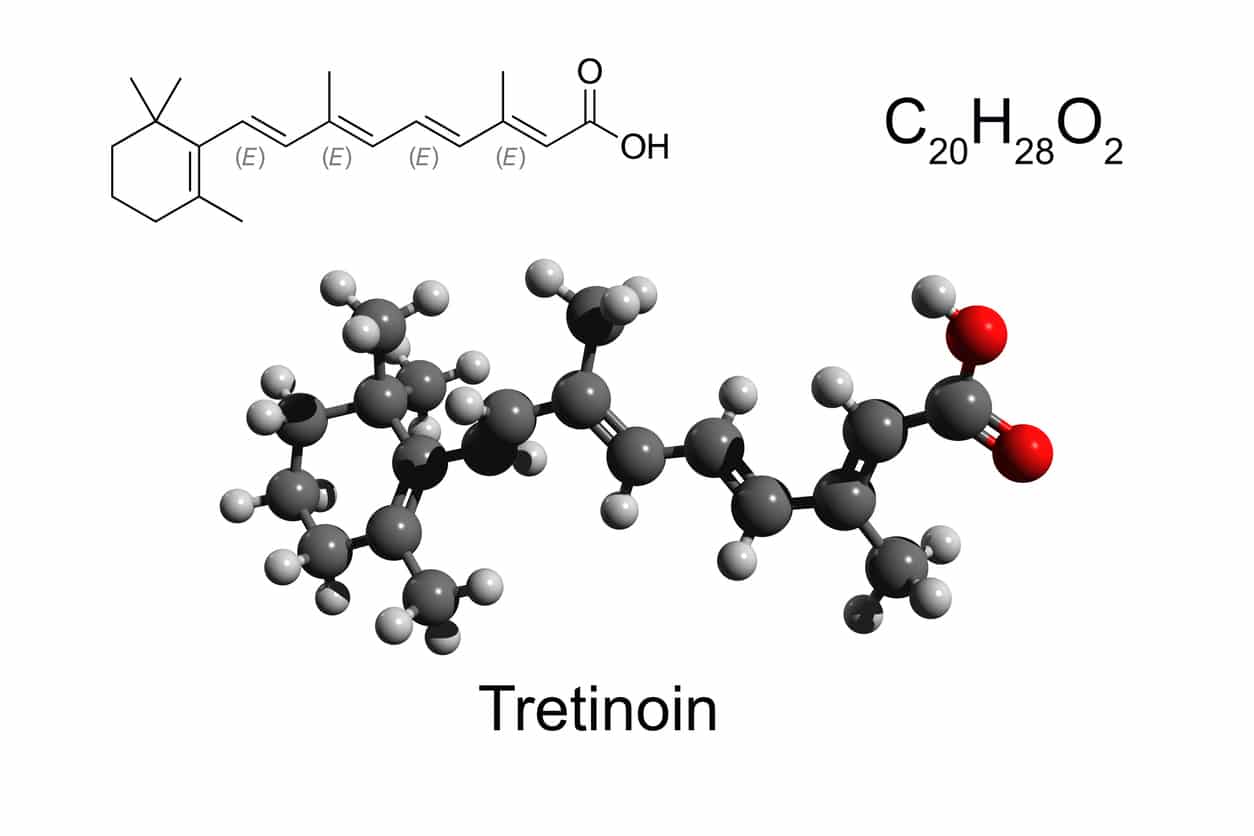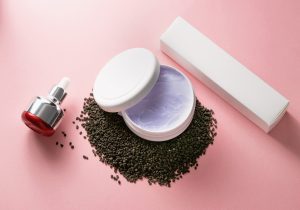Retinoids are a family of compounds that are derived from vitamin A. They are known for their skin benefits, including reducing the appearance of fine lines and wrinkles, improving skin texture, and evening out skin tone. However, not all retinoids are created equal, and understanding the different types can help you choose the one that’s best for your skin type and concerns. With proper use, they can help you achieve healthy, glowing skin at any age. In this article, we’ll break down the different types of retinoids and their benefits.
Retinol

Retinol is one of the most common types of retinoids used in skincare. It’s a vitamin A derivative that has been extensively studied and is known for its anti-aging properties. Retinol works by increasing collagen production, a protein that keeps skin firm and elastic, and by speeding up cell turnover, which helps reveal fresher, brighter skin.
Retinol is a relatively gentle retinoid, making it a good option for people new to retinoids or with sensitive skin. However, it can still cause some mild irritation, especially when first starting to use it. Retinol is available in many different strengths, ranging from 0.25% to 2%. It’s important to start with a lower strength and gradually work your way up to avoid irritation.
Retinaldehyde
Retinaldehyde is a slightly more potent form of vitamin A than retinol. It’s converted into retinoic acid, the active form of vitamin A, more quickly and efficiently than retinol, making it more effective. Retinaldehyde is also less irritating than retinol, making it a good option for people with sensitive skin. Like retinol, retinaldehyde is available in various strengths, typically ranging from 0.05% to 0.1%.
Retinoic acid

Retinoic acid is the active form of vitamin A and is the most potent retinoid available. It’s available by prescription only and is used to treat acne, as well as for anti-aging purposes. Retinoic acid works by increasing cell turnover, reducing the production of sebum (oil), and reducing inflammation.
Because retinoic acid is so potent, it can cause significant irritation, especially when first starting to use it. It’s important to follow your dermatologist’s instructions carefully and start with a low strength to minimize the risk of irritation.
Adapalene
Adapalene is a synthetic retinoid that is also available by prescription and in some over-the-counter products. It’s primarily used to treat acne but also has some anti-aging benefits. Adapalene works by reducing inflammation and increasing cell turnover, which helps to unclog pores and reduce the appearance of acne.
Adapalene is less irritating than retinoic acid but can still cause some dryness and irritation, especially when first starting to use it. It’s important to start with a low strength and follow your dermatologist’s instructions carefully.
Tretinoin

Tretinoin is a prescription-strength retinoid that is used to treat acne and has some anti-aging benefits. It’s the same as retinoic acid but is available in lower strengths. Tretinoin works by increasing cell turnover and reducing inflammation, which helps to unclog pores and reduce the appearance of acne. Like retinoic acid, tretinoin can cause significant irritation, especially when first starting to use it.
Tretinoin is available by prescription only and is marketed under several different names in the United States, including:
- Retin-A: Retin-A is the brand name for tretinoin cream, gel, and microsphere formulations.
- Renova: Renova is a tretinoin cream marketed specifically for treating fine lines and wrinkles. It has a lower concentration of tretinoin than Retin-A, making it less irritating for people with sensitive skin.
- Avita: Avita is a tretinoin cream that is marketed for the treatment of acne. It has a lower concentration of tretinoin than Retin-A, making it a good option for people who are new to using tretinoin or who have sensitive skin.
Isotretinoin
Isotretinoin is an oral retinoid that is used to treat severe acne. It works by reducing the production of sebum (oil) and decreasing inflammation in the skin. Isotretinoin is highly effective for treating acne, but it also has some potentially serious side effects, including birth defects, depression, and liver damage. It’s only available by prescription, and you must be closely monitored by a dermatologist while taking it.
It’s important to note that while retinoids are highly effective for treating a variety of skin concerns, they can also cause irritation, especially when first starting to use them. It’s essential to follow the instructions carefully, start with a low strength, and gradually work your way up to avoid irritation.
Additionally, retinoids can make your skin more sensitive to the sun, so it’s crucial to use sunscreen daily and avoid prolonged sun exposure while using them.
Retinoids can help improve the appearance of your skin by increasing cell turnover, reducing inflammation, and increasing collagen production. There are various types of retinoids available, each with different strengths and potential side effects. It’s essential to work with a dermatologist to determine which retinoid is best for your skin type and concerns and to follow their instructions carefully to minimize the risk of irritation and other side effects.
Read More:
3 Reasons Why You Should Add Retinol To Your Skincare Routine
Too Sensitive For Retinol? Try This Natural Anti-Aging Ingredient







